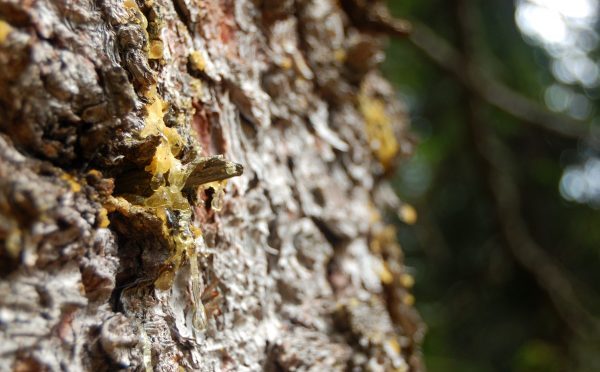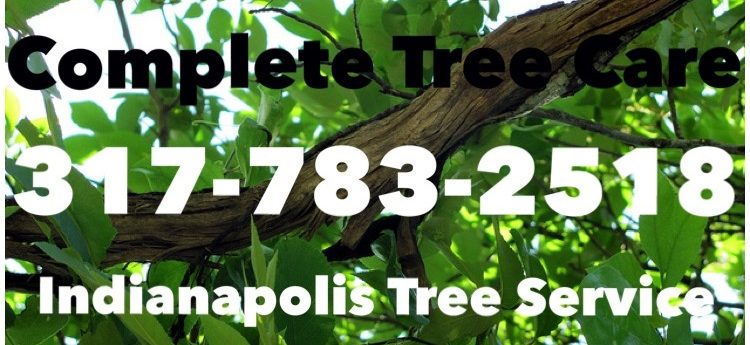One of the most common questions about trees has to do with their secretions. Sap and resin, although similar in thought, are actually quite different from each other. Continue reading to learn some interesting facts about tree resin and tree sap, including the qualities that make them so different.

Tree Sap
All trees produce a “sap”, to some degree. Tree sap is a translucent, thin, watery, slightly amber colored substance (just a tad little thinner than standard honey) that develops within the xylem and phloem cells of the trees. These cells are responsible for transporting water and nutrients throughout the tree, and carry water, hormones, sugar, and other minerals elements.
As a result, sap contains sugar and water, and extracted from trees using buckets and spiles. Maple syrup comes from the sap of Maple trees. A tree uses sap in two ways; they either: 1) pull sap from the water in the soil, transport it up through its trunk, and send it out through its leaf pores (stomata), or 2) sap flows down off of the leaves, towards the roots and other parts of the tree, because it contains the vital sugar (food) the tree synthesized in its leaves during photosynthesis.
Tree Resin
Also known as “pitch”, tree resin is thicker, tackier, and darker than tree sap. Deciduous trees do not make resin; it is only produced by trees that belong to the Pinaceae family, such as pine, fir, and cedar. Resin forms in the outer cells of the trees, also known as the inner and outer bark. Outer bark is also known as the phloem. You can make a cut into a resin-producing tree, and see the resin ooze out of the bark. The resin is meant to work like a scab; it closes up the wound and protects it from outer elements while it heals.
Resin is sticky and clear, and composed differently than tree sap. It is composed of compounds secreted by or deposited in the tree and sometimes contains high levels of chemical properties. For this reason, it is used for a variety of commercial and industrial applications; maple syrup is not one of them. Resin is used to manufacture commodities like ink, lacquer, varnish, jewelry perfumes, and many other commercial products.
Indianapolis Tree Service
Call Complete Tree Care at 317-783-2518 for Indianapolis tree service you can trust. We are highly trained and experienced tree care technicians that offer commercial and residential tree services at affordable prices. Request an estimate or advice anytime. Call 317-783-2518 to learn more about tree care in Indianapolis, IN today.

